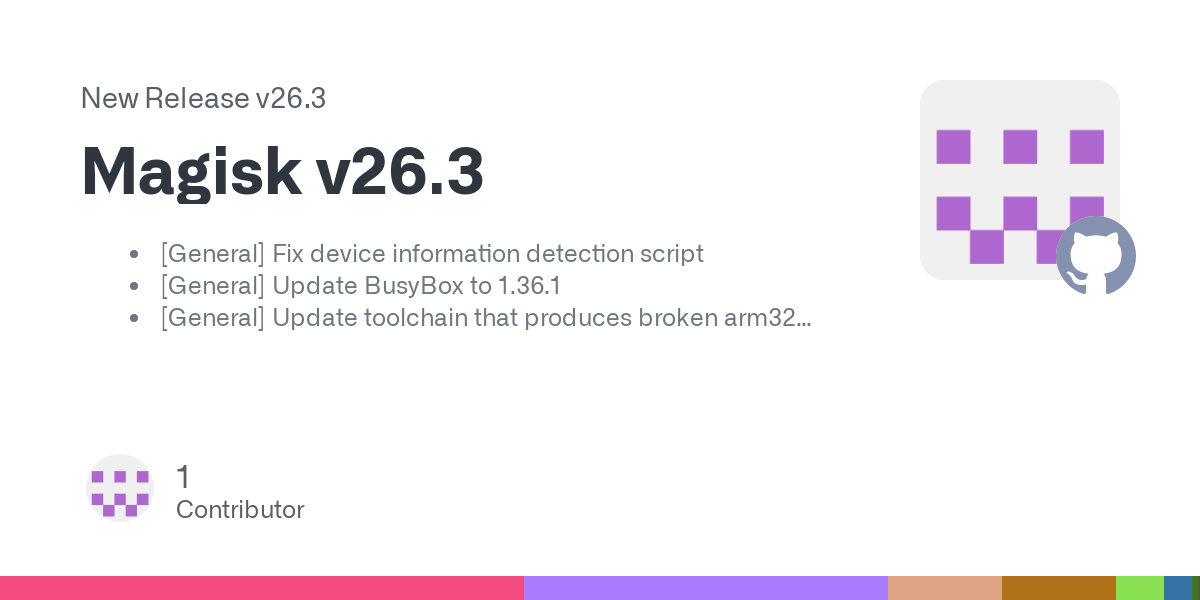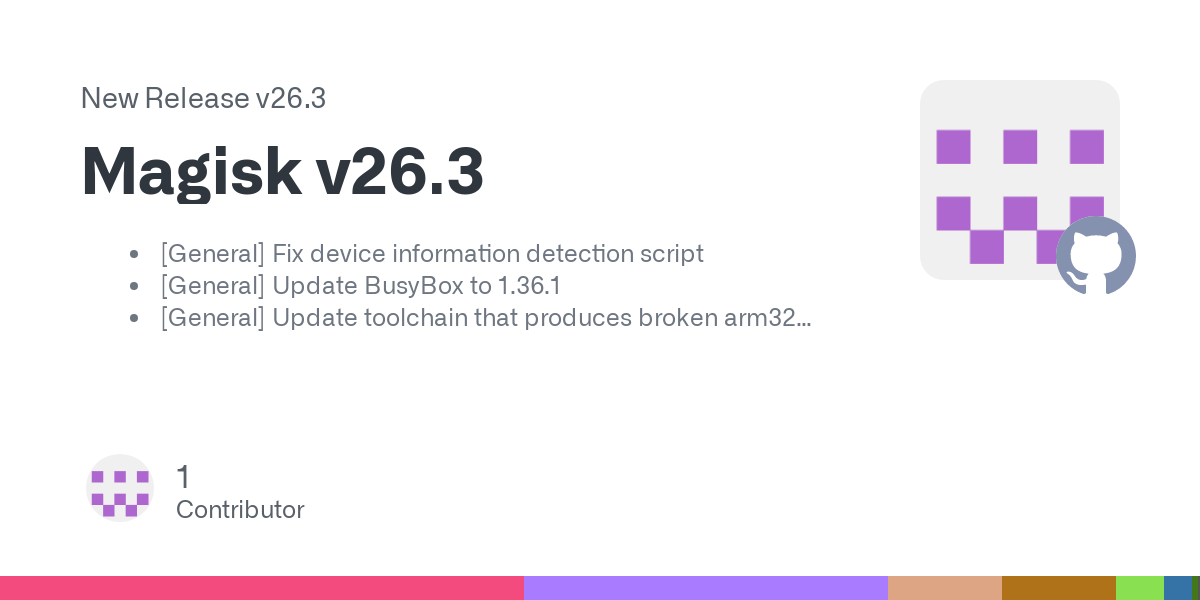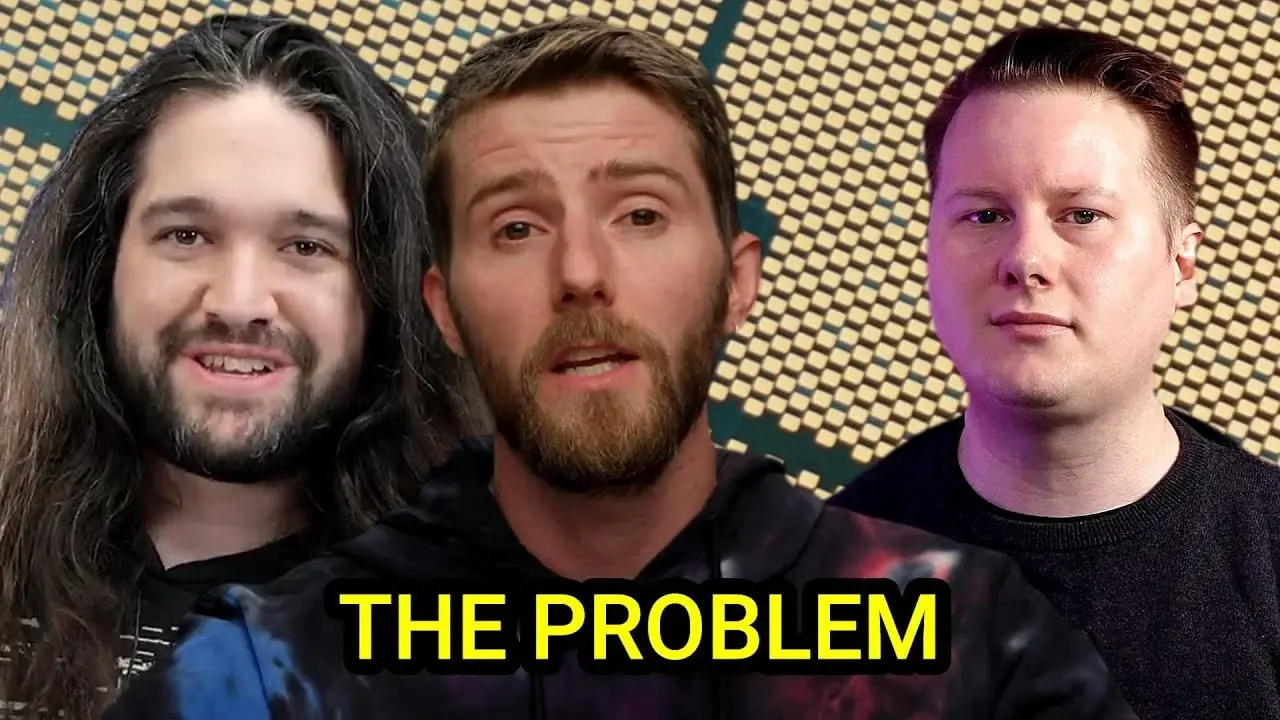

Legal action for picking the “wrong” option in an app? Also, “I’m gender fluid, your honor”, so good luck proving anything.
By “nefarious purposes” I meant serious stuff. Some deranged fuck decides to kill (edit: a certain gender) and there’s not much you can do after they point a gun or put a knife to the driver’s neck. It’s too late by then.
I don’t know, I understand their intention, but it seems to have some flaws.









The option allows customers to prioritize drivers from two of their 3 gender groups: “female” and “non-binary”. One group is left out and if you happen to be in that group, you’ll end up doing less trips, making less money.
I wouldn’t be happy with a setting to prioritize “male”, so you can see why I’m not happy with a setting that prioritizes “female” and “non-binary”. You either give the customer the option to prioritize any gender or you don’t.
Since they can’t verify one’s gender, the potential for abuse is there. A customer could prioritise these groups if they wanted to target them and the driver could also pick one of these genders if they wanted to have people of said gender in their car.